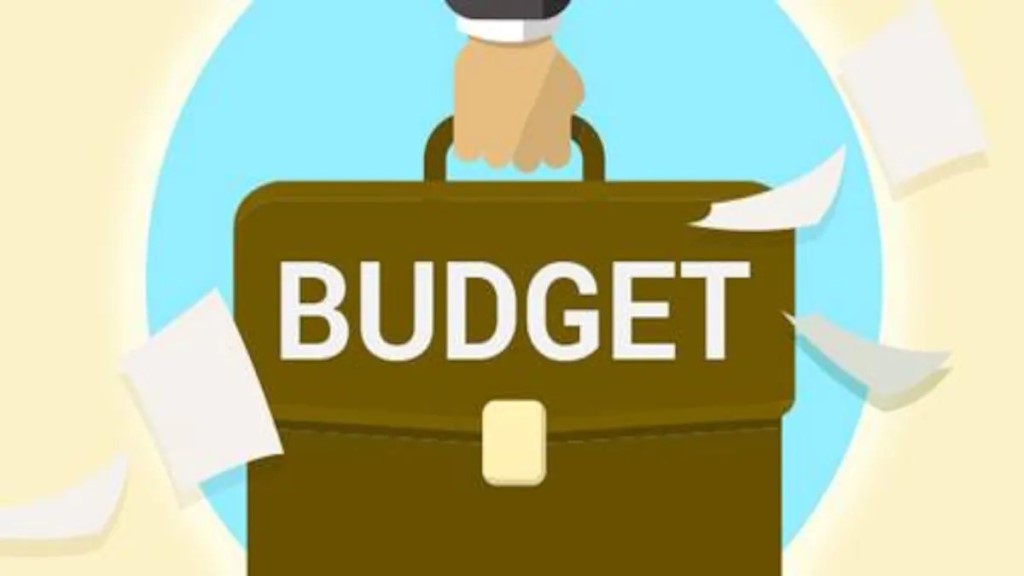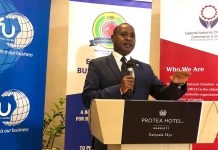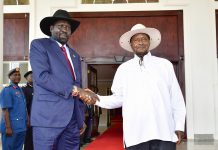AfricaPress-Tanzania: THE East Africa Business Council (EABC) today starts to assess how the outlined budget measures for the fiscal year 2020/2021 for the partner states of the East African Community (EAC) meet the private sector’s expectations.
It will be examining the implications of fiscal and monetary measures on East African businesses and the regional economic outlook amidst the Covid-19 pandemic.
The EAC partner states unveiled their budgets for the fiscal year 2020/2021 under the theme ‘Stimulating the Economy to Safeguard Livelihoods, Jobs, Businesses, and Industrial Recovery’, with a focus on stimulating economic growth and recovery in light of the impact of the Covid-19.
The EABC Chief Executive Officer (CEO), and Executive Director, Dr Peter Mathuki, said that the Council organised the online webinar via Microsoft Teams from 1400hrs to 1600hrs East African Time today.
“Senior government officials, industry captains, sector stakeholders and development partners across the EAC region have been invited to participate and share insights on the 2020/21 EAC partner states.
“Join this online discussion on Tuesday, 16th June 2020 via Microsoft Teams at 14:00hrs -16:00hrs East African Time (EAT). Link to the meeting shorturl.at/fuLPV,” invited Dr Mathuki.
The EAC finance ministers tabled proposed budgets for the 2020/2021 fiscal year, with Tanzania planning to spend 34.88tr/-in line with its National Development Plan.
The budget focuses on pushing ahead President John Magufuli administration’s agenda of putting up an industrial economy and poverty reduction.
Most of the budget will be spent on implementation of various projects, including the standard gauge railway, the Rufiji Hydropower Project, improvement of Air Tanzania Company Limited and expansion of ports and airports.
Others are rural water supply, health, education, agriculture, livestock, fisheries, mining, roads, bridges and industrial development.
Kenya will spend Ksh 2.91 trillion on the back of modification of the fiscal framework to accommodate the government’s spending cuts.
There is sharpest decline in allocations to Ksh 1.83 trillion from Ksh.2 trillion in the 2019/20 financial year with all of the Executive, Judiciary and Parliament seeing cuts to appropriations to Ksh.1.78 trillion, Ksh 18.1 billion and Ksh36.2 billion respectively.
Uganda brings in its budget with a package of 45.4trillion Ugandan shillings. It will be implemented under a new development plan – the Third National Development Plan (NDPIII).
It will build on the foundation already laid under the Second National Development Plan (NDPII). It seeks to increase the average income of Ugandans to US$ 1,039.
Rwanda has come up with plans to spend Rwf 3,245.7 billion in 2020/2021 fiscal year. Total tax revenue is projected to reduce to Rwf1,421.4 billion in 2020/2021 that is Rwf147.6 billion short of Rwf1,569 billion projected in the 2019/2020 revised budget.
Burundi will spend U$834million. The budget brings in new headings including the coverage of medical care for state retirees, an amount of 2.5 billion BIF expected.
Under the budget, the government plans to recruit 1,000 teachers and 201 healthcare services providers.







